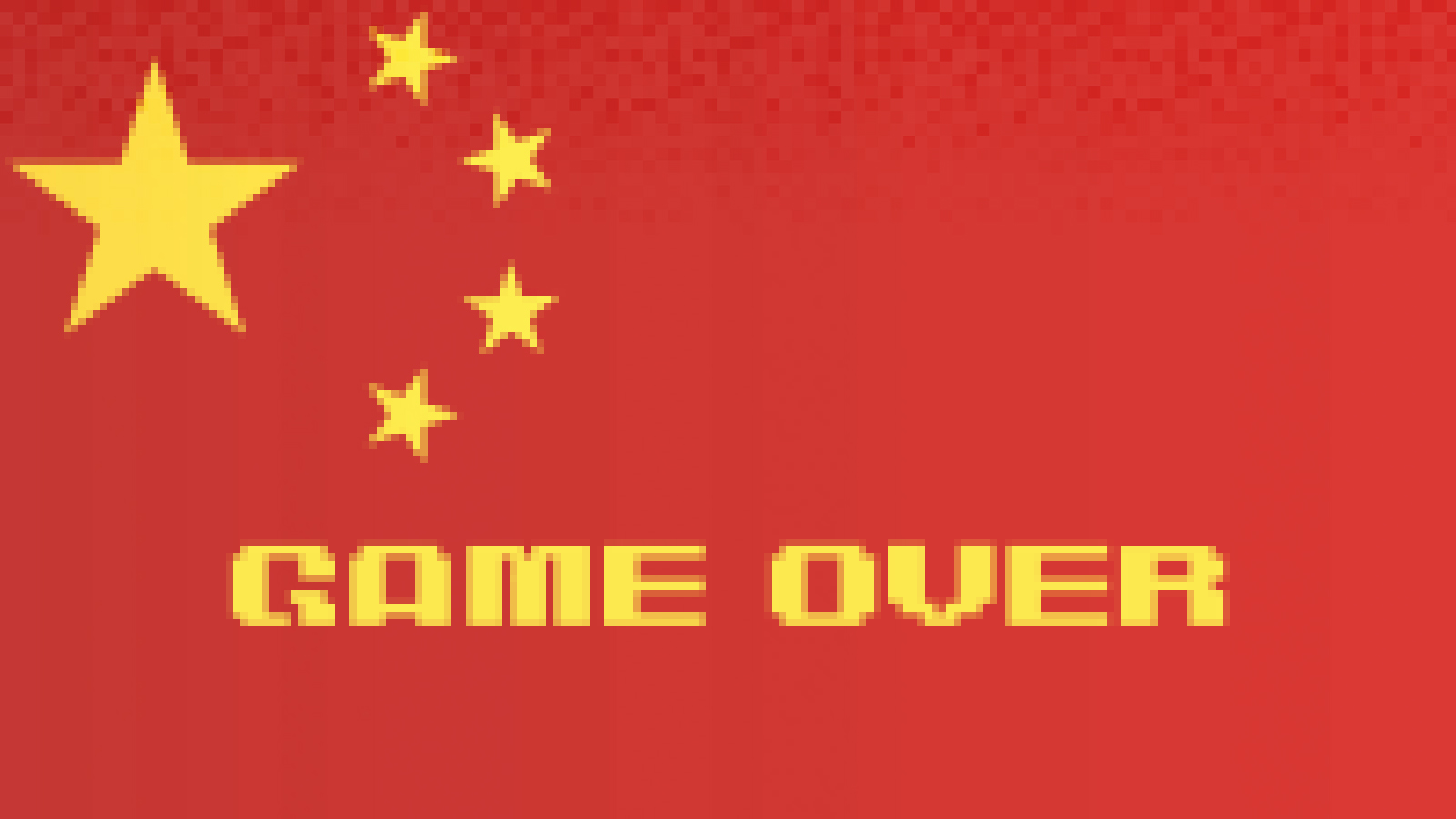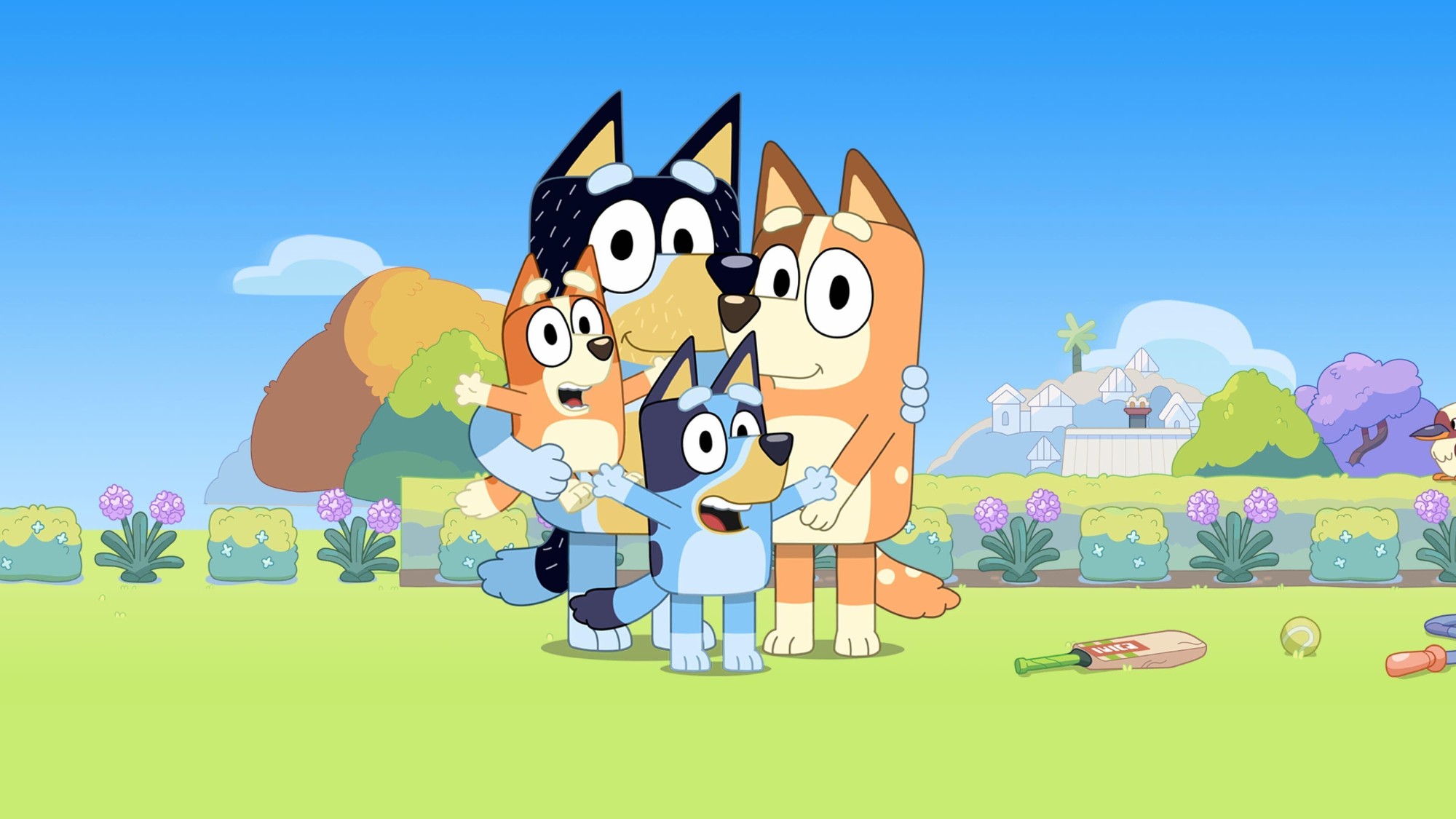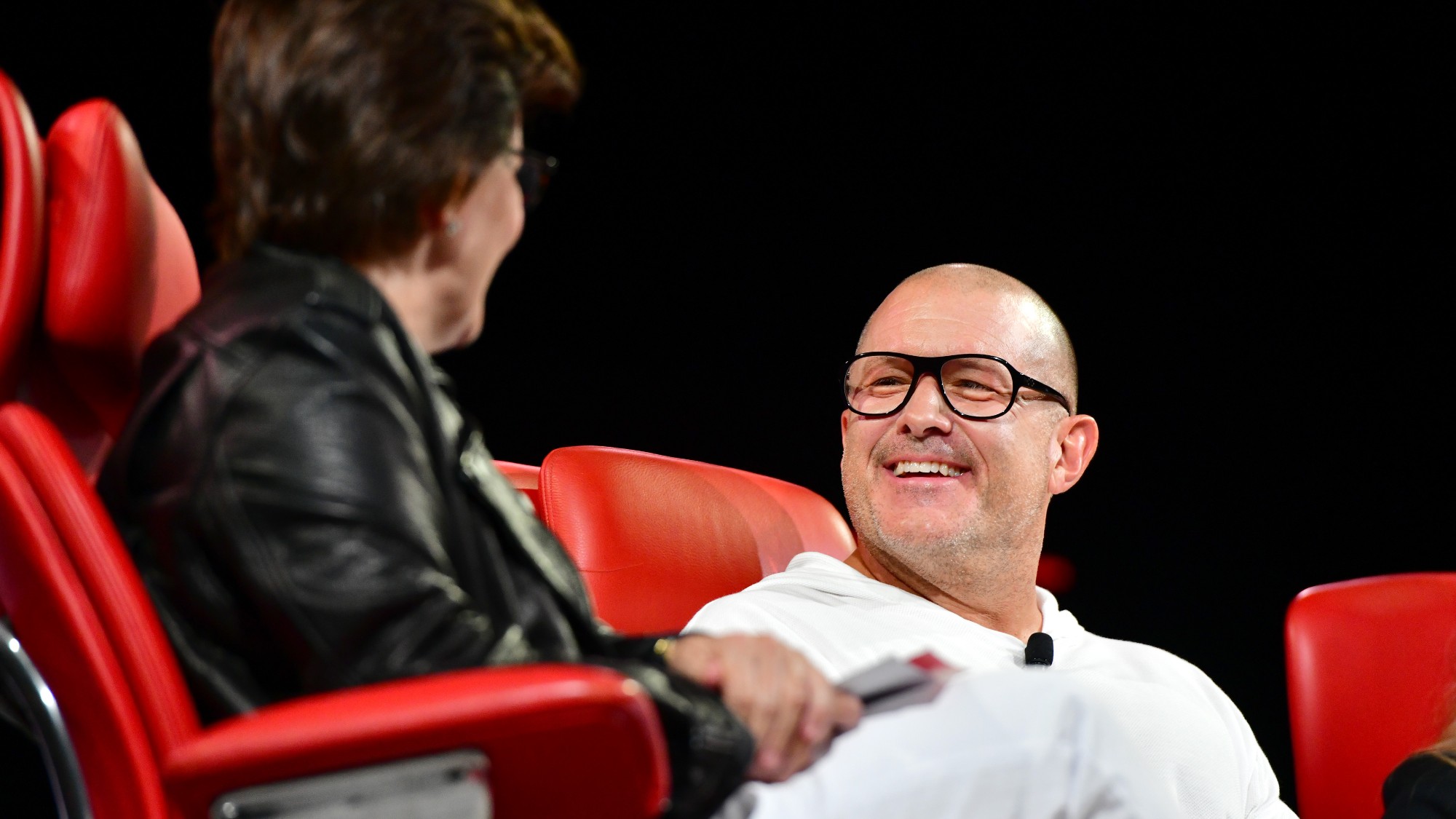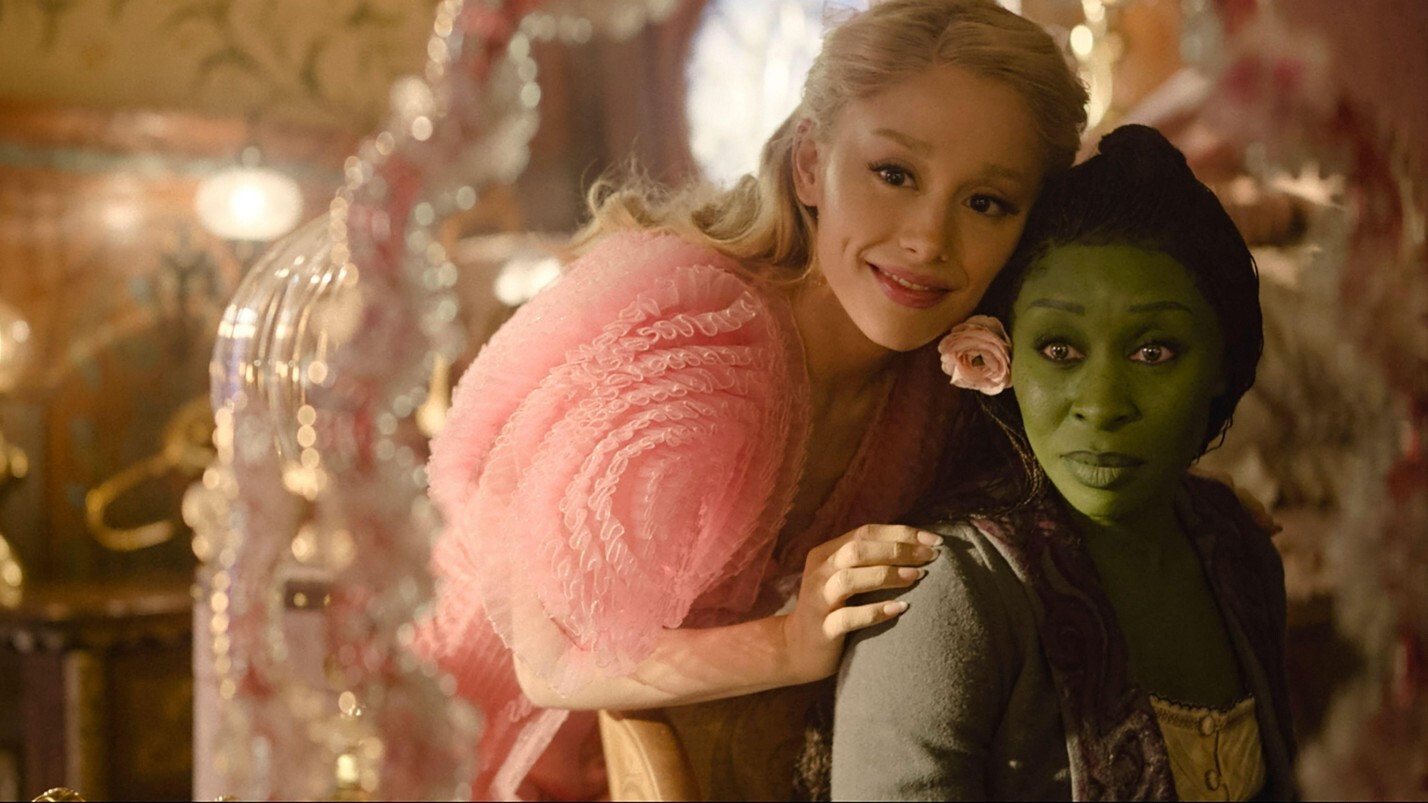Let the kids play video games


A free daily email with the biggest news stories of the day – and the best features from TheWeek.com
You are now subscribed
Your newsletter sign-up was successful
Pity the youth of China, who can no longer enjoy the quintessentially teenage experience of pwning noobs at 2 a.m.
On Monday, the Chinese government tightened restrictions on video games, sanctioning children under the age of 18 to no more than three hours of online gameplay a week, and only between the hours of 8 and 9 p.m. on Fridays, Saturdays, and Sundays. Touted as a necessary precaution against the "spiritual opium" of video games — a means of "effectively [protecting] the physical and mental health of minors," per regulators — the move is an extraordinary flex of Beijing's cultural authoritarianism.
It also hamstrings an entire generation.
The Week
Escape your echo chamber. Get the facts behind the news, plus analysis from multiple perspectives.

Sign up for The Week's Free Newsletters
From our morning news briefing to a weekly Good News Newsletter, get the best of The Week delivered directly to your inbox.
From our morning news briefing to a weekly Good News Newsletter, get the best of The Week delivered directly to your inbox.
In recent years, video games have grown as a "center of cultural life," Polygon reports, even as "they still carry the stigma of disapproval, of being an external force that's at least partly responsible for modern ills." Even in the U.S., games have been blamed for everything from male unemployment rates to glorifying violence. But in China — home to more than half a billion gamers — the government can do more than just talk. The country is tightening its recent crackdown, pressuring gaming companies to implement "real-name registration and facial-recognition technology" to keep youth offline, The Wall Street Journal reports.
But while video games, like anything, can be damaging in excess, there are enormous upsides too. In addition to studies that suggest games can alleviate stress and depression, and improve eyesight and motor skills, children who play video games may also be more creative. For digital natives, learning to communicate and make connections in online spaces is a vital social skill as well: "Video gameplay gives gamers the chance to develop different techniques for dealing with conflict, work out various resolutions, learn how to interact with their friends, and experience different emotions," Patrick Markey, the founder of Villanova University's Interpersonal Research Lab, told National Geographic.
While three hours might sound like a lot of time to spend playing video games, there are thousands of fully functioning citizens who play upwards of eight hours of games a week without it resulting in the end of civilization. Contrary to the alarmist regulators in China, a "gaming disorder" is a specific definition that describes "only a small proportion of people who engage in digital- or video-gaming activities." Additionally, three hours a week is nothing compared to the seven-plus hours per day many teens spend on their phones. In fact, a young person not playing video games in 2021 might actually be more isolated and alienated than if they were.
That's because online gaming in particular often connects strangers who wouldn't have otherwise talked to each other — and might not even live in the same country, time zone, or continent — and fosters collaboration, problem-solving, and the sharing of ideas between them. And despite Beijing's lofty talk about games being distractions from school and family responsibilities, it might be the great, globalizing benefit of gaming that the authoritarian state actually fears.
A free daily email with the biggest news stories of the day – and the best features from TheWeek.com
China's youth, after all, will be losing out on more than just late-night gameplay of League of Legends. They're being robbed of the playground where they learn how to be digitally savvy 21st-century participants. That might benefit China's censorship goals in the short term, but for the country's youth, it's a disaster. It's in Beijing's best interest to let kids be kids — and play.
Jeva Lange was the executive editor at TheWeek.com. She formerly served as The Week's deputy editor and culture critic. She is also a contributor to Screen Slate, and her writing has appeared in The New York Daily News, The Awl, Vice, and Gothamist, among other publications. Jeva lives in New York City. Follow her on Twitter.
-
 Local elections 2026: where are they and who is expected to win?
Local elections 2026: where are they and who is expected to win?The Explainer Labour is braced for heavy losses and U-turn on postponing some council elections hasn’t helped the party’s prospects
-
 6 of the world’s most accessible destinations
6 of the world’s most accessible destinationsThe Week Recommends Experience all of Berlin, Singapore and Sydney
-
 How the FCC’s ‘equal time’ rule works
How the FCC’s ‘equal time’ rule worksIn the Spotlight The law is at the heart of the Colbert-CBS conflict
-
 Is a social media ban for teens the answer?
Is a social media ban for teens the answer?Talking Point Australia is leading the charge in banning social media for people under 16 — but there is lingering doubt as to the efficacy of such laws
-
 Why are American conservatives clashing with Pope Leo?
Why are American conservatives clashing with Pope Leo?Talking Points Comments on immigration and abortion draw backlash
-
 Questions abound over the FAA’s management of Boeing
Questions abound over the FAA’s management of BoeingTalking Points Some have called the agency’s actions underwhelming
-
 'Immigrant' Superman film raises hackles on the right
'Immigrant' Superman film raises hackles on the rightTALKING POINT Director James Gunn's comments about the iconic superhero's origins and values have rankled conservatives who embrace the Trump administration's strict anti-immigrant agenda
-
 Disney is still shielding Americans from an episode of 'Bluey'
Disney is still shielding Americans from an episode of 'Bluey'Talking Points The US culture war collides with a lucrative children's show
-
 Jony Ive's iPhone design changed the world. Can he do it again with OpenAI?
Jony Ive's iPhone design changed the world. Can he do it again with OpenAI?Talking Points Ive is joining OpenAI, hoping to create another transformative piece of personal technology. Can lightning strike twice?
-
 Is method acting falling out of fashion?
Is method acting falling out of fashion?Talking Points The divisive technique has its detractors, though it has also wrought quite a few Oscar-winning performances
-
 Wicked fails to defy gravity
Wicked fails to defy gravityTalking Point Film version of hit stage musical weighed down by 'sense of self-importance'
